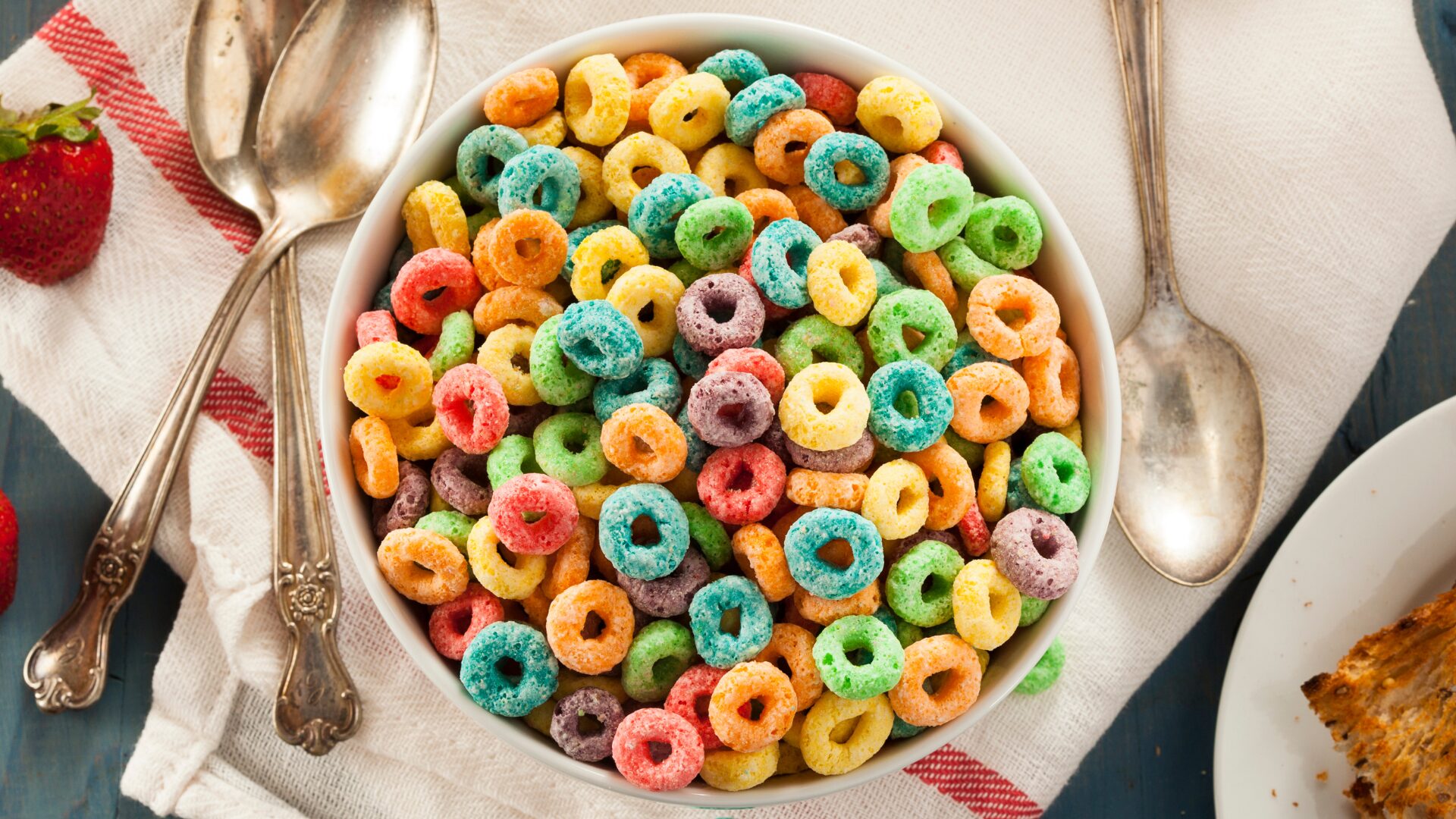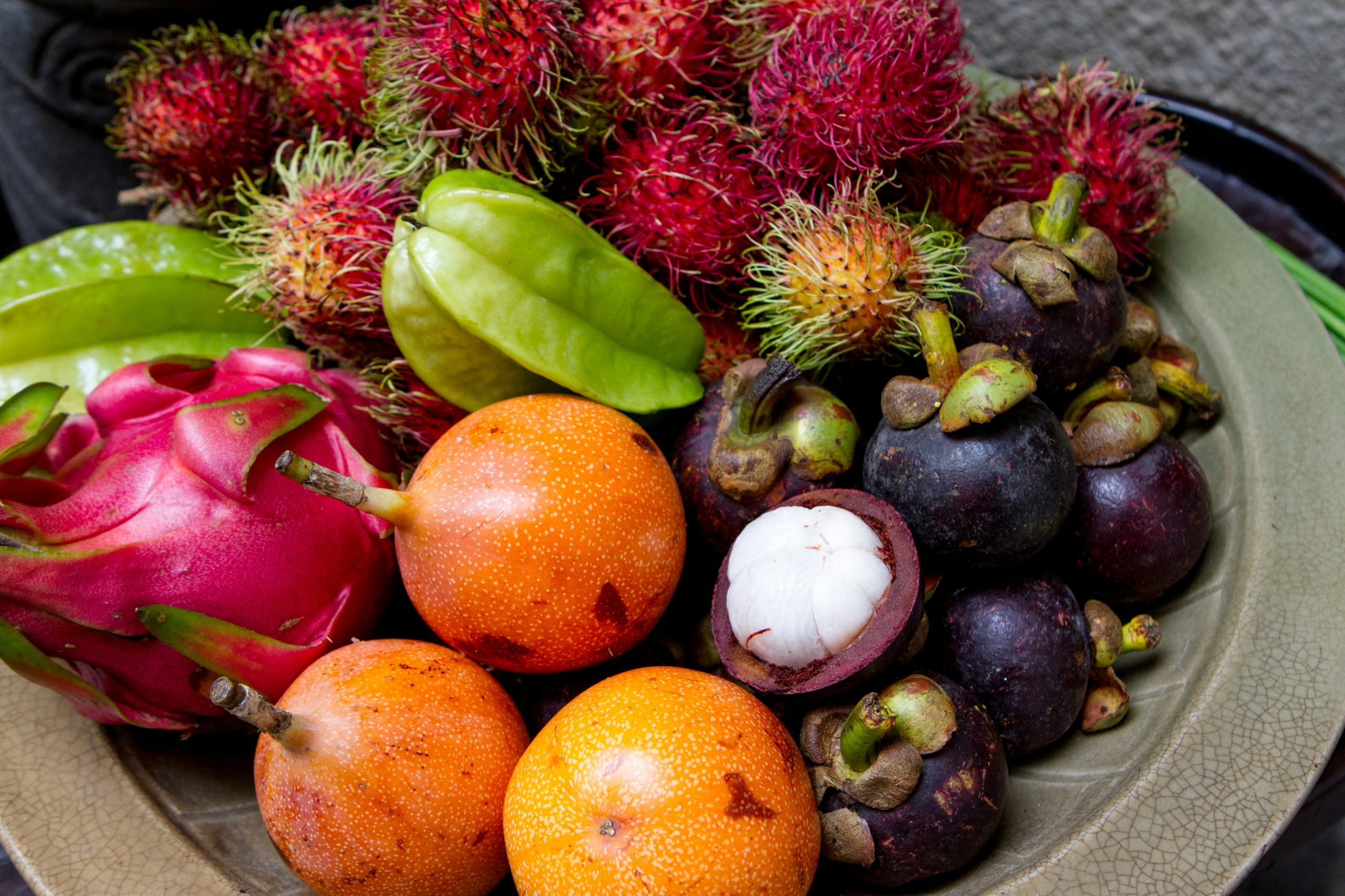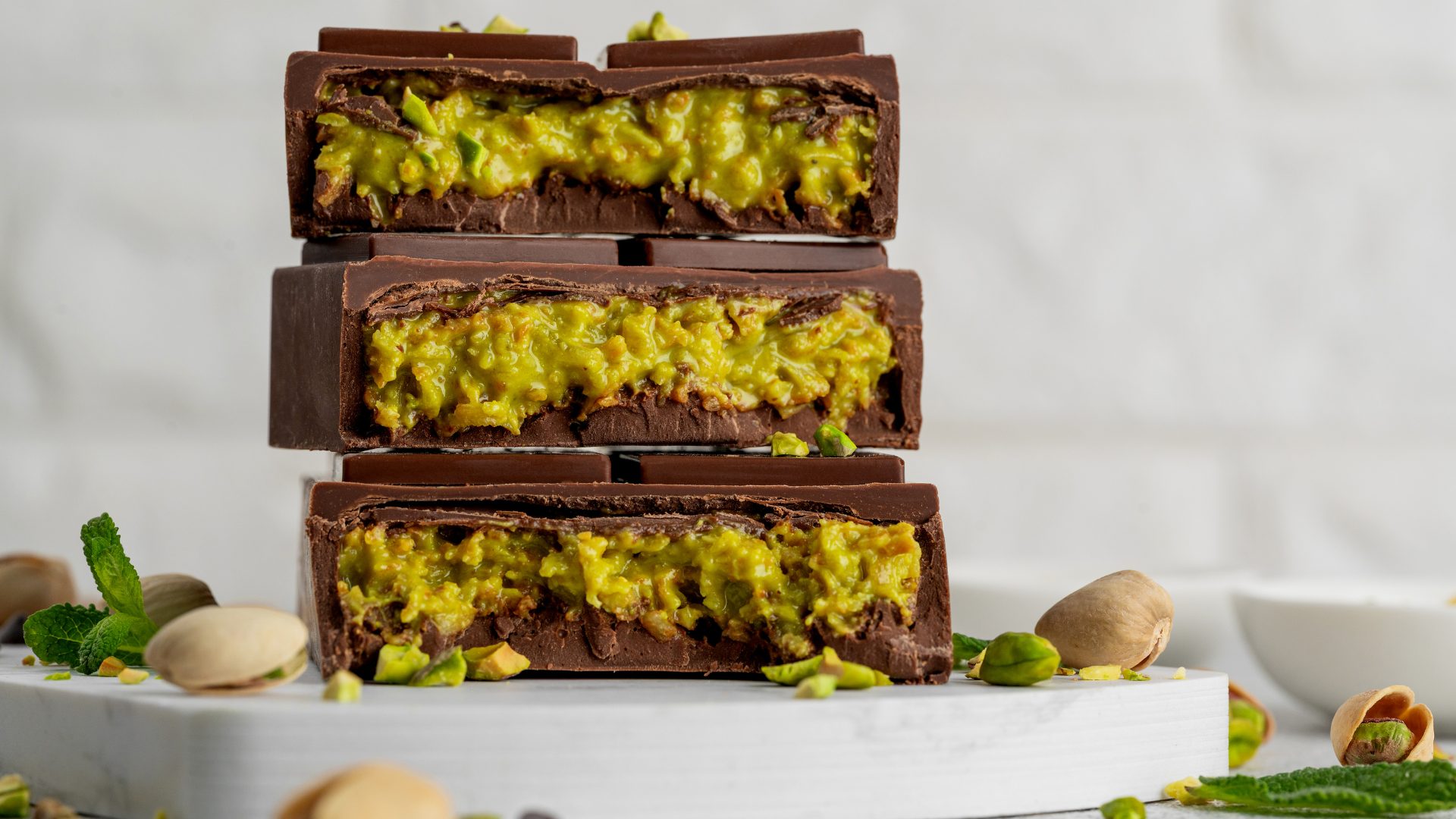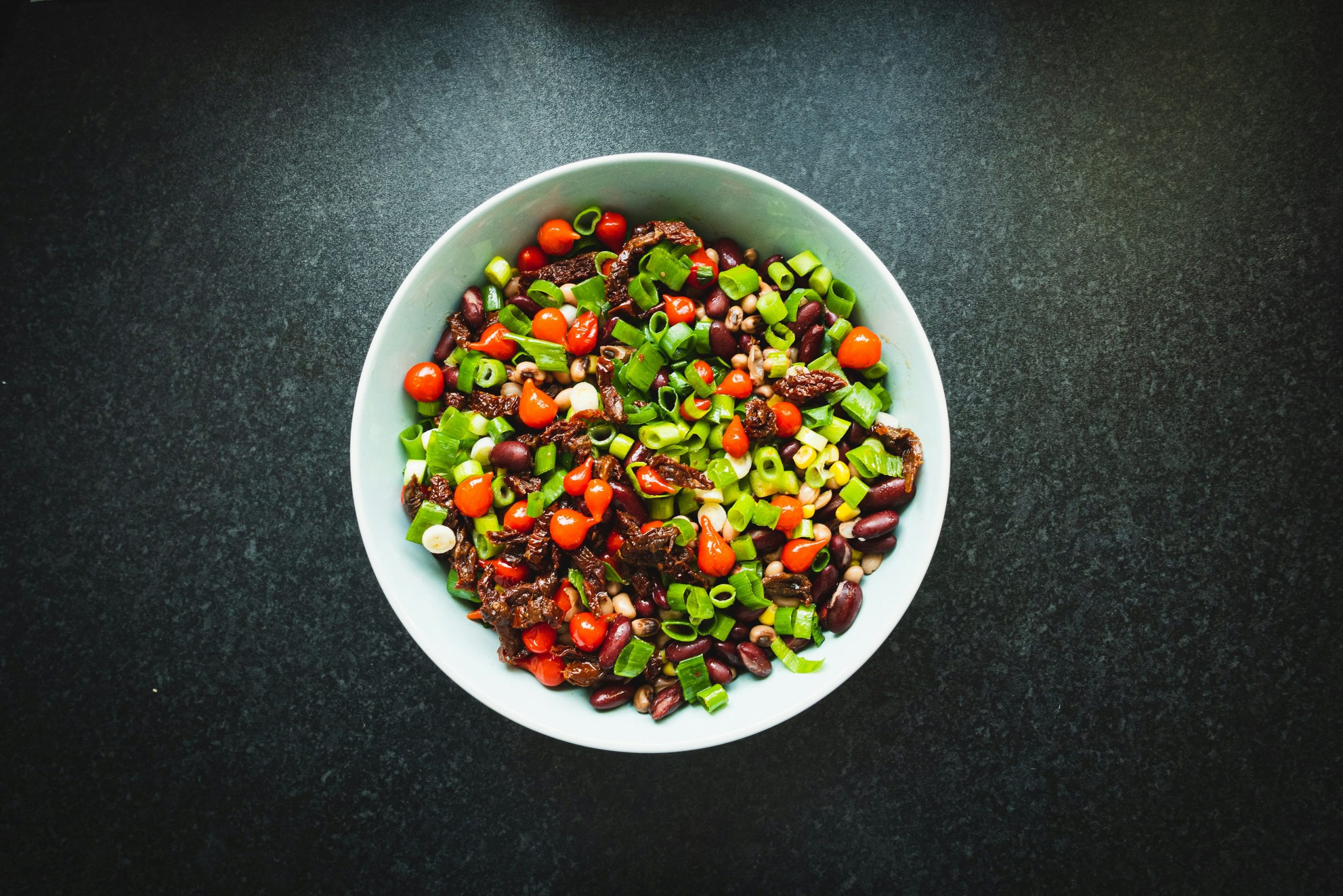Today, Ferrero Rocher chocolate maker The Ferrero Group announced its intent to purchase WK Kellogg Co. in a deal worth $3.1 billion. The latter company’s board unanimously approved the transaction, and it is subject to approval by the brand’s shareholders.
The purchase includes the manufacturing, marketing, and distribution of the breakfast cereal brand’s catalog across the U.S., Canada, and the Caribbean, which Ferrero notes is a key part of its strategic growth plan.
“This is more than just an acquisition – it represents the coming together of two companies, each with a proud legacy and generations of loyal consumers,” said Giovanni Ferrero, executive chairman of the Ferrero Group, in a statement.
In 2023, Kellogg split into two companies, Kellanova and WK Kellogg Co., in a move to streamline the distinct business segments. Kellanova focused on the snack side, while WK Kellogg Co. optimized its cereal and wellness portfolio.
Gary Pilnick, CEO of WK Kellogg Co., noted that Ferrero will provide the brand with additional resources to compete in the current competitive market. While the health-focused value proposition of several product lines may benefit from industry macrotrends that prioritize personal wellbeing, on the whole, cereal consumption is down.
The brand is known for its children-focused portfolios, such as Froot Loops, Rice Krispies, and Frosted Flakes.
Since the legacy CPG brand’s separation, WK Kellogg Co. has struggled. In August 2024, AP News reported the company’s plans to downsize a plant in Omaha, Nebraska by 2026 and scale back production in Memphis, Tennessee amid a U.S. decline in cereal demand. While a breakfast favorite during the pandemic, unit sales experienced two consecutive years of decline—4.2% in 2024 compared to the year before, and 3.6% in 2023.
Despite the bleak outlook, the company also noted plans to invest $390 million in new technology and infrastructure at its other existing facilities.
The acquisition was leaked to The Wall Street Journal Wednesday, causing shares to increase by 50% in after-hours trading, leading to a $1.51 billion valuation for the cereal maker. Ferrero’s higher price tag signals its optimism in WK Kellogg Co.’s categories and its potential for revenue-generating synergies between both brands.
Last year, candy and snacking giant Mars purchased Kellanova in a deal valued at $35.9 billion. At the time, the acquired firm noted synergies around sustainability, innovation, and portfolio management.
Despite headwinds and an overall conservative transaction macro-environment, M&A in the breakfast cereal and snacking categories are bountiful for top legacy CPGs.
The Ferrero Shopping Spree
Ferrero has charted a warpath on the snacking sector in recent years. Notable acquisitions include:
- 2018: Ferrero purchased Nestle’s U.S. confectionery business in a deal valued at $2.8 billion, including Baby Ruth, Crunch Bar, and Butterfinger, but notably leaving out Kit Kat, Nesquik, and Toll House.
- 2019: Ferrero struck a deal with Kellogg (before the company split) to purchase select labels, such as Famous Amos, Murray’s, and Keebler.
- 2020: Ferrero announced intentions to purchase UK company Fox’s Biscuits; later that year, it purchased better-for-you snack firm Eat Natural.
- 2022: Ferrero bought Ireland-based Fulfil Nutrition, a nutrition bar maker; later that year, it purchased American ice cream maker Wells Enterprises, producer of Blue Bunny, Blue Ribbon, and Halo Top.
- 2025: Ferrero bought Power Crunch, a better-for-you suite of protein-infused products.
The company’s intended purchase of WK Kellogg Co. comes at an interesting time in its operation. The “Make America Healthy Movement,” spearheaded by U.S. secretary of health and human services Rober F Kennedy Jr., has popularized a movement that began in the Biden Administration to remove a host of synthetic and petroleum-based dyes from the U.S. food supply.
WK Kellogg Co. was at the center of the controversy.
“They get brighter colors in Froot Loops, but it’s literally poisoning our kids,” Kennedy said in a Fox News interview last September.
Since then, the brand pledged to remove these ingredients alongside other legacy CPGs, such as General Mills and J.M. Smucker Co.
The Food Institute Podcast
Several economic headwinds indicate the consumer is being financially stretched, but we all need to eat – so what are consumers actually buying at the grocery store? Nik Modi of RBC returns to The Food Institute Podcast to discuss channel differentiation, consumer product selection, and other macro trends.












